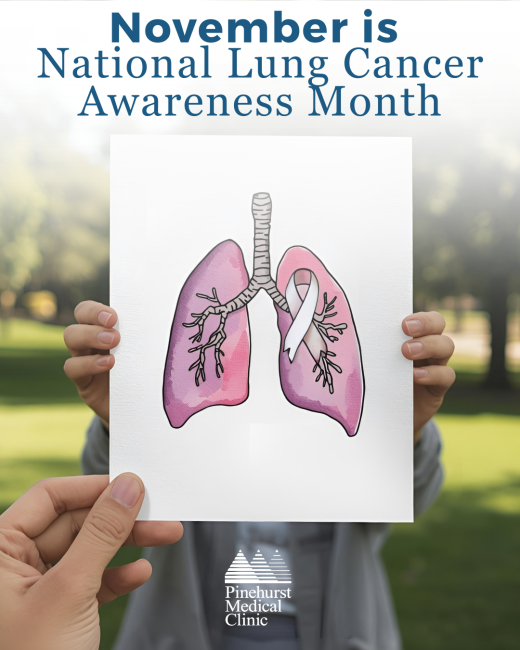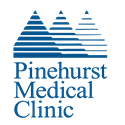November 17th, 2025

Lung cancer is the leading cause of cancer-related deaths in the United States, accounting for approximately one in five cancer deaths. According to the American Cancer Society (ACS), more people die from lung cancer each year than from colon, breast, and prostate cancers combined.
Despite its severity, awareness remains low. A 2024 survey by the American Lung Association found only 28% of Americans knew lung cancer is the leading cause of cancer deaths. Just 38% were aware that lifesaving screenings are available for those at high risk.
These numbers highlight the need for greater education, awareness, and early detection efforts. This is why National Lung Cancer Awareness Month in November is so important. This month helps amplify the conversations about lung cancer to help inform the public, promote screenings, and honor those affected by the disease.
How Did Lung Cancer Awareness Month Start?
In November 1998, the Alliance for Lung Cancer Advocacy, Support, and Education (ALCASE) launched the first Lung Cancer Awareness Day to educate the public and raise community awareness. Then in November 2000, efforts were expanded with the introduction of National Lung Cancer Awareness Month to further increase visibility and support for those affected by lung cancer. Over the past 25 years, the campaign has grown significantly, now reaching more than 20 million people across the United States and beyond each November.
The Most Common Signs and Symptoms of Lung Cancer
Lung cancer often develops silently, and symptoms may not appear until the disease is already advanced. Even then, the signs can mimic other common health problems. Recognizing these symptoms early and speaking to your doctor could make all the difference.
Watch for These Signs:
- A cough that doesn’t go away or worsens
- Coughing up blood or rust-colored sputum (spit or phlegm)
- Chest pain that worsens with deep breathing, coughing, or laughing
- Hoarseness
- Loss of appetite
- Unexplained weight loss
- Shortness of breath
- Feeling tired or weak
- Recurring infections such as bronchitis or pneumonia
- New onset of wheezing
If you notice any of these signs, speak with your healthcare provider.
Why Early Detection and Screenings Matter
When lung cancer is detected early, treatment is often more effective, and outcomes improve significantly. However, because symptoms can be subtle or go unnoticed, many cases are diagnosed at a later stage.
That’s why regular screenings are so important, especially for those at higher risk. Low-dose CT (LDCT) scans can detect lung cancer before symptoms develop, offering a better chance for successful treatment.
Who Should Be Screened?
PMC recommends annual lung cancer screenings with a low-dose CT (LDCT) scan for individuals who:
- Have a 20 pack-year or more smoking history, and
- Currently smoke or have quit within the past 15 years, and
- Are between the ages of 50 and 80
PMC will ensure you qualify for a lung cancer screening before scheduling a screening.
National Lung Cancer Screening Day
November 8th is recognized as National Lung Cancer Screening Day, first launched in 2022 through a collaboration between the American College of Radiology, the American Cancer Society (ACS), GO2 for Lung Cancer, and the Radiology Health Equity Coalition. The day is dedicated to encouraging individuals to visit screening centers and get screened for lung cancer. To support this effort, many centers extend their hours and increase accessibility on November 8th, helping more people take action.
Let’s Help Spread Awareness for Lung Cancer
Awareness is one of the most powerful tools in the fight against lung cancer. By understanding the risks, recognizing the signs, and knowing when to get screened, we can work together to reduce the impact of this deadly disease.
Even if you don’t notice symptoms right away, staying informed, informing others and being proactive about lung health could potentially save a life.
Back





